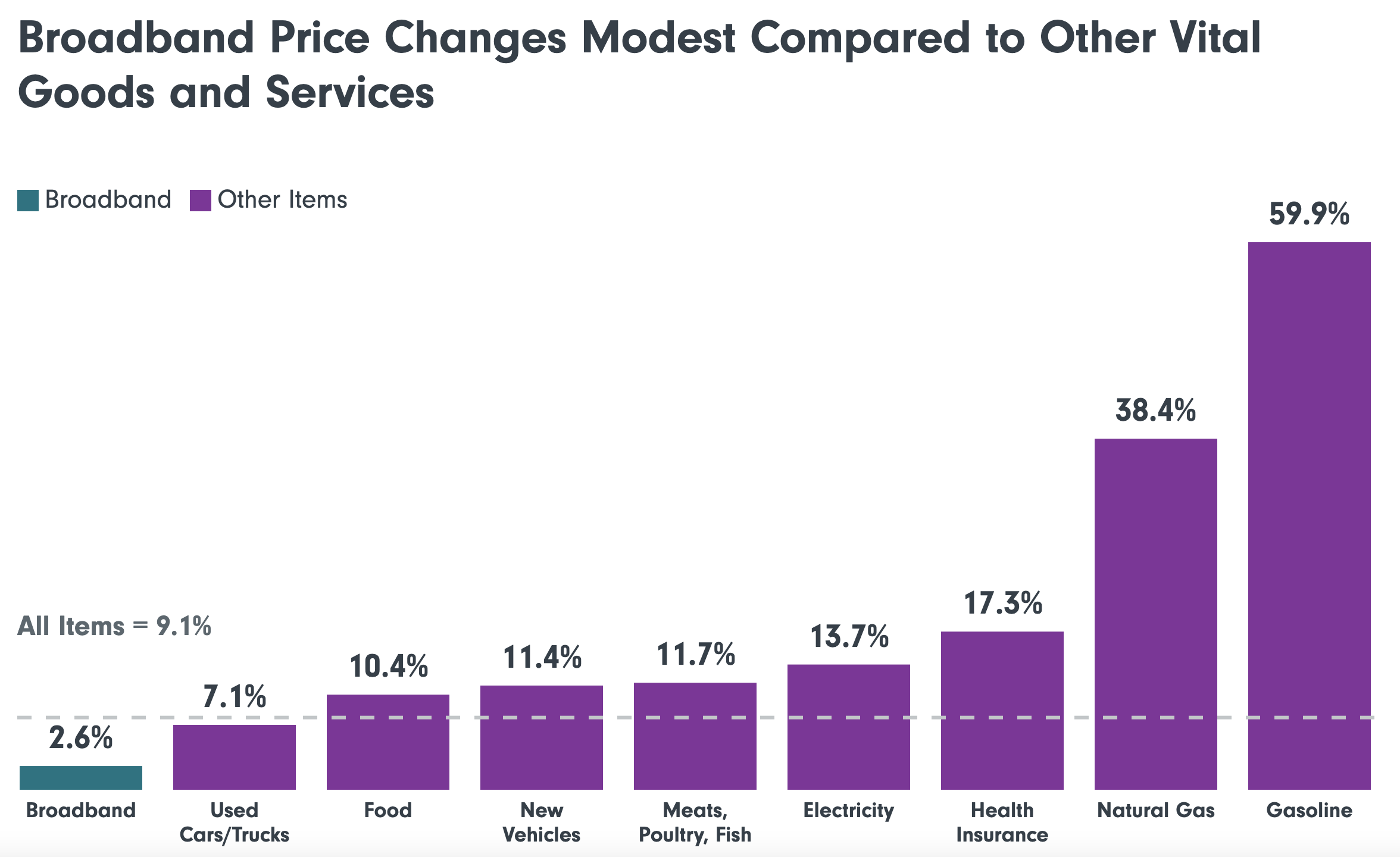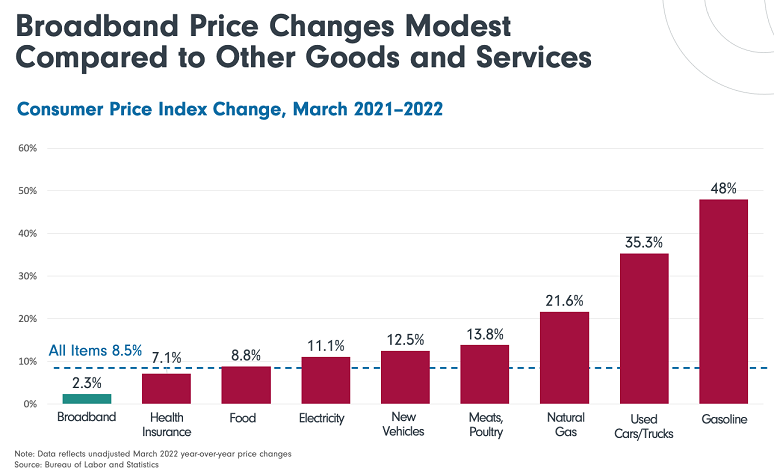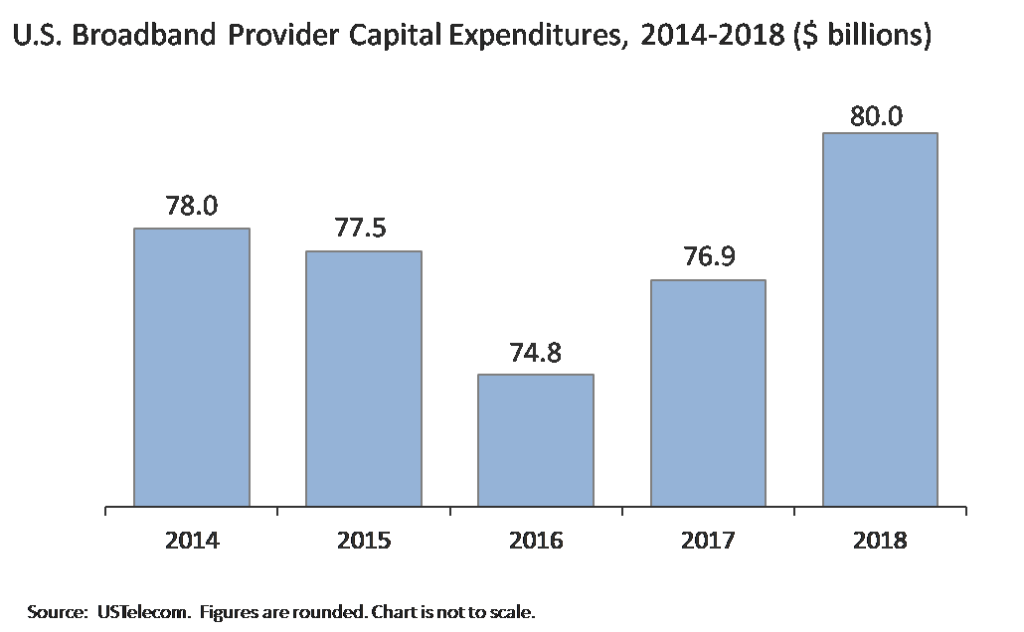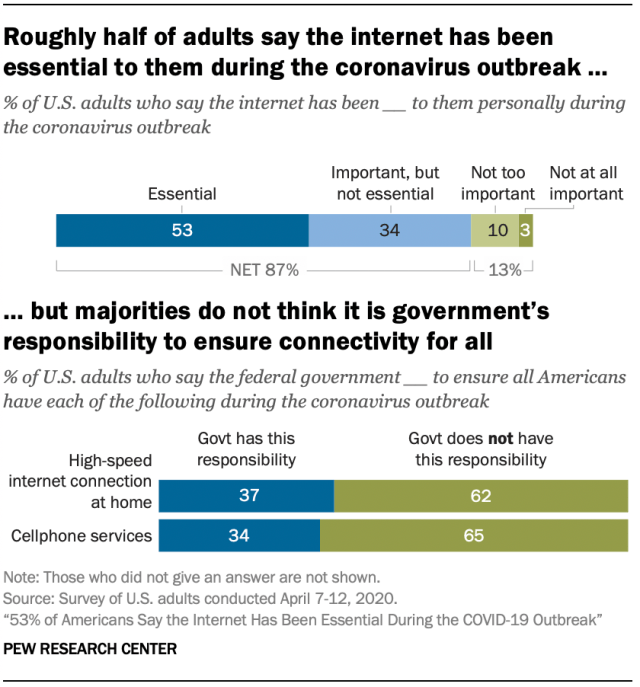ALEXANDRIA, VA – Today, the Federal Communications Commission (“FCC”) voted to advance a Notice of Proposed Rulemaking (NPRM) on the “Restoring Internet Freedom” proposal championed by Chairman Ajit Pai and Commisser Mike O’Reilly that would return federal internet regulatory policy to the light-touch approach that prevailed from the 1990s onward, until the Obama Administration FCC moved to reclassify the internet as a “public utility” in 2015.
In response, Center for Individual Freedom (“CFIF”) Senior Vice President of Legal and Public Affairs Timothy Lee issued the following statement:
“Beginning in the 1990s, the internet flourished and transformed our world like no innovation in history for a simple reason: Administrations of both political parties over two decades, beginning with Clinton/Gore, wisely chose a ‘light touch’ regulatory approach to the internet.
“Then in 2015, the Obama Administration FCC suddenly and radically reversed two decades of bipartisan consensus by moving to reclassify internet service as a ‘public utility’ under laws enacted in 1934 to regulate old-fashioned copper-wire telephone service.
There was no justification for that sudden reversal, and it was not based upon evidence, law or logic. The internet obviously wasn’t ‘broken’ or in need of heavy-handed federal regulatory ‘fix.’ It was merely a scheme to extend government control over yet another sector of our economy.
“Nor was reclassifying the internet as a ‘public utility’ something the American public supports. A recent Morning Consult survey confirms that an overwhelming and bipartisan 78% of voters prefer little or no government regulation of the internet, with only 12% favoring a heavy-handed regulatory approach. A broad 51% to 33% majority believes that the internet shouldn’t be regulated as a public utility, and a two-to-one majority agrees that regulating the internet as a utility slows innovation and decreases private tech investment.
“Unfortunately, the Obama Administration FCC’s decision to reclassify the internet as some sort of Depression-era ‘public utility’ had immediate negative consequences, confirming the public’s expectation. Domestic broadband capital expenditures declined by 5.6%, or some $3.6 billion, which marked the first time that such investment declined outside of a recession during the internet era. That applied to both large and small internet service providers.
“Proponents of heavy-handed internet regulation continue to employ irrational scare tactics and hyperbole in their effort to regulate the internet more heavily, but their claims are contradicted by straightforward history and logic. All reasonable people agree that the internet should remain free and open, which was how the internet operated for two decades across administrations of both parties under the light-touch regulatory approach.
“Accordingly, today’s FCC vote simply advances the ball to restore the bipartisan, light-touch regulatory consensus that existed for more than two decades. This is precisely the sort of common sense that is badly needed in Washington, and CFIF applauds FCC Chairman Pai and Commissioner O’Rielly for moving to restore the regulatory wisdom that the American public overwhelmingly prefers.”
###










 CFIF Freedom Line Blog RSS Feed
CFIF Freedom Line Blog RSS Feed CFIF on Twitter
CFIF on Twitter CFIF on YouTube
CFIF on YouTube